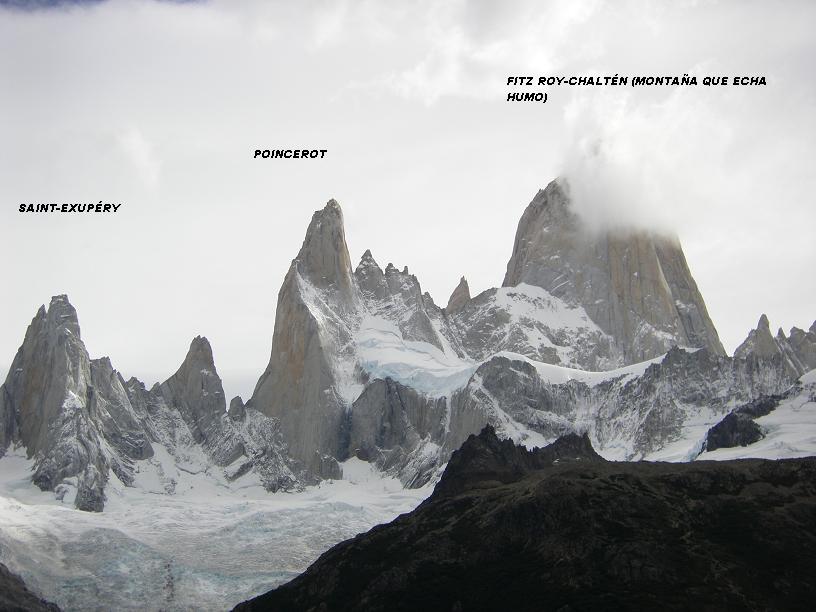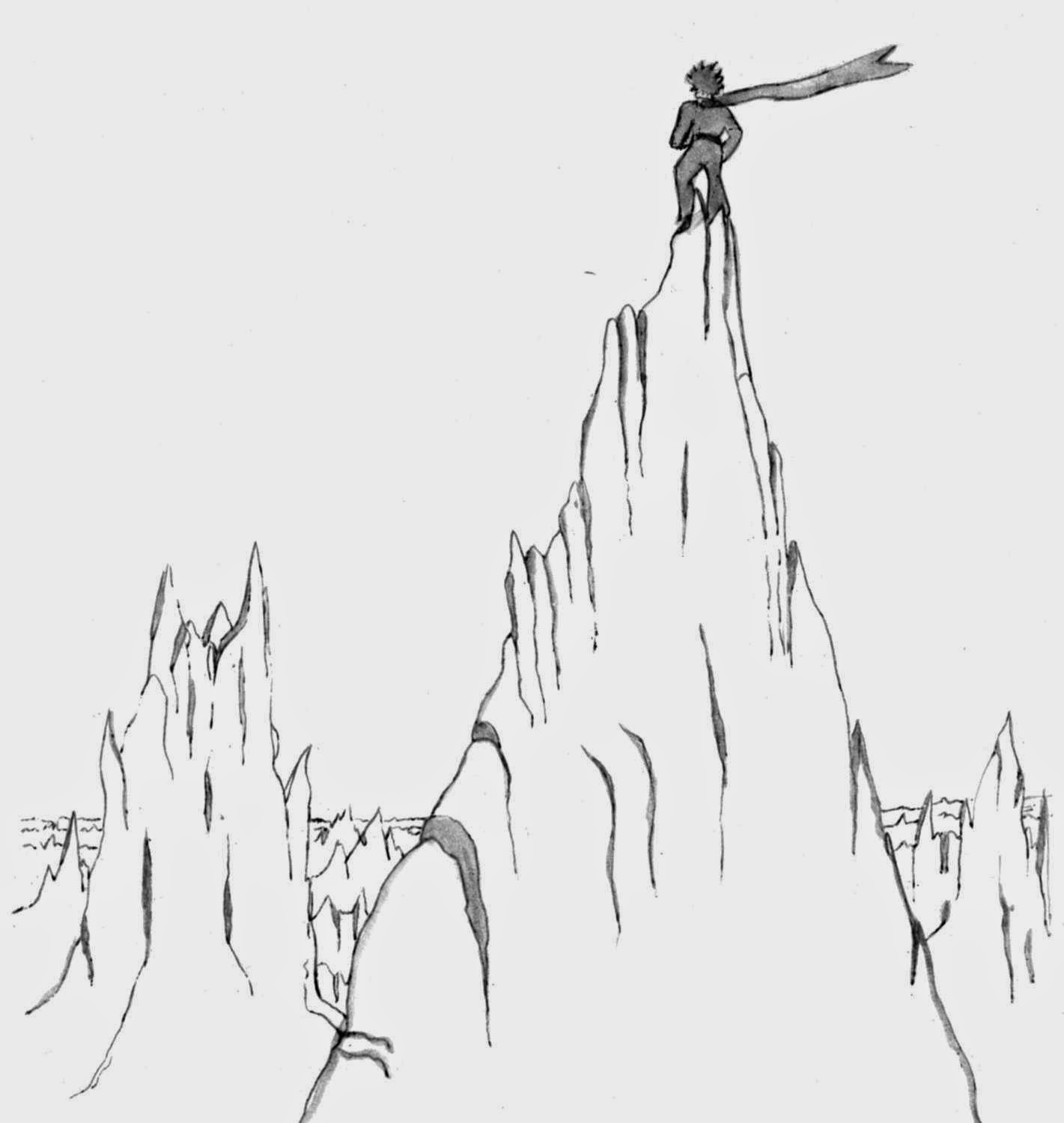Dining with Welders
Other than tonight, I’ve shared all of my dinners at the ranch with two welders, Aldo and Dino, who work for the joint Argentine-Chilean venture building an oil and gas pipeline from Tierra del Fuego to Buenos Aires. (This is probably the last time you’ll find me linking to OffShore Engineer).
They both drank Diet Coke with gusto and complained about being bored with their lot down here. As far as I can tell, they get paid to check three times a day on a water tank that will take two weeks to fill. For the rest of their waking hours, they watch subtitled American TV on the small screen in the corner of the living room and pass around mate, that tea that I’ve written about in practically every post because it is like people’s second oxygen in this part of the world. Last night, Dino forked out extra tomatoes - grown here, in a greenhouse - from our shared salad dish. He stopped talking for a moment.
Che, que pasa? asked Aldo. What's up, dude?
-Es que tienen otro sabor de los del super, said Dino, with his eyes closed. They’re just an entirely different species from what you get in the supermarket.
He went home yesterday morning for Easter so last night it was just Aldo and me at dinner eating carrot soup and lamb cutlets. We have an easy, friendly banter, which was facilitated by the fact that he’s Italian and loves America, and also probably because he’s a welder and his job is often to be in places where there is nothing to do but shoot the shit.
He’s a big guy to begin with, and only once in 72 hours of living in the same house have I seen him without a heavy blue parka that magnifies this bulky presence. He wears a Dolce and Gabbana chain necklace and he has two tattoos on his arm. For some reason, I have the impression that he has braces, but I never confirmed.
Because we had also had lunch together for the past three days, I had already heard about his job with the water tank and he had already heard everything about TFA, including the controversy it sparks in various regions of the US. Over our soup last night, we talked about romance. Do you have a boyfriend, there in the US? he asked. I made something up for the sake of conversation, which is an game of theatrics I feel iffy about but keep playing anyway, with cab drivers and welders, for example.
My story’s funny, he said. I met my wife in Argentina, we were boyfriend and girlfriend for two months, and then we got married, and then two weeks later we moved to Italy together and had a son. It happened so fast but you know, you just know, when someone’s the one for you.
Aldo will be 50 when he finishes his Level 3 Welders' Certificate, but it’s worth it, he says, you can get paid 3000 pesos just for signing a piece of paper, then, and you can work from home. He imagines a whole home entertainment room; he’s already bought the pool table and he wants to add a bar.
He’s all about the career change-up. How can you know what you want your life to be like when you’re 18, he asked. [It should be noted that as a dual Argentine-Italian citizen, he's required by law to speak expressively with his hands]. He can’t believe how expensive school is in the US, and neither can I, when I mention it. He studied HR, advertising, and being an airline steward. He recognized how improbable that last one seemed, and laughed at my reaction. When a friend got him a job as a welder at a Fiat factory near Salerno, he knew that was it.
We also talked about how it was easier, and better to live in Italy than in Argentina; how there are tons of immigrants in Italy, grandsons of Italians who immigrated elsewhere; what sort of work he’d most like to do; whether I’ll go to business school; how the economy of Argentina is shit; building wind turbines and solar panels; the blue dollar rate (if you’re in Buenos Aires, he’ll buy your dollars!); how his apartment in Buenos Aires got robbed; and how he’d like to move back to a small town like where he was living in Italy.
When he had finished his fruit salad, he looked at his Samsung and saw he had to go check the tank one last time before getting on a plane to Buenos Aires, to surprise his wife and kid for Easter.








